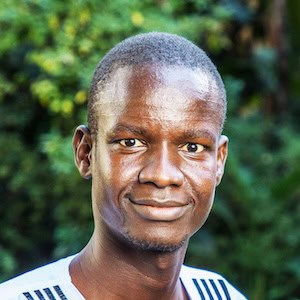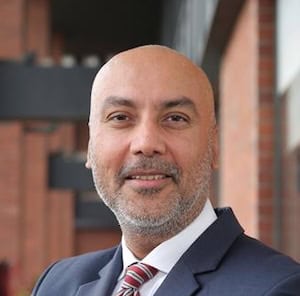-
Three Steps to Jumpstart Agriculture Mobile Payments: Step 3 – Overcoming farmers’ illiteracy, financial illiteracy and lack of trust
In the third and final post in his series on embedding mobile payments by large buyers to farmers into agricultural value chains, Lee Babcock considers the need to overcome farmers’ illiteracy, financial illiteracy and, perhaps most importantly, lack of trust.
- Categories
- Agriculture
-
A Year in the Life: The U.S. Financial Diaries Project’s groundbreaking exploration of the financial activities of low and moderate-income Americans
The U.S. Financial Diaries project collected highly detailed data on the financial activities of 250 lower-income households over the course of a year. A joint initiative of NYU’s Financial Access Initiative (FAI), CFSI and Bankable Frontier Associates, the project has begun publishing preliminary findings. We spoke with Tim Ogden, managing director of FAI, about the research.
- Categories
- Education
-
When a Cure Isn’t Enough: Exploring the challenges of tuberculosis treatment
Patients diagnosed with TB must undergo at least six months of consistent treatment. This extended time frame makes it difficult in some parts of the world to ensure that patients actually receive their medication. That’s why Operation ASHA developed an innovative eCompliance system.
- Categories
- Health Care
-
It’s About Time, It’s Also About Culture: How do varying cultural perspectives about time and productivity impact social enterprises?
Andrea Trice is researching how “soft” factors such as mutual understanding and trust influence the success of a social enterprise. While it’s too early to draw conclusions, Trice notes that it’s difficult to overestimate the role of culture in shaping how each of us thinks and acts, and therefore how businesses succeed or fail.
- Categories
- Agriculture, Education, Social Enterprise
- Tags
- research
-
Saving for Change: Why is it so difficult for people of all income levels to save money – and how can financial institutions help?
Saving money is hard - particularly for the poor. And with a lack of formal savings options, many poor people end up hiding cash, investing in assets such as livestock or land, or engaging in informal savings arrangements. Yet for those who can stow away even a little money, the benefits can be enormous. Roxanne Bauer explores why saving is so difficult, and what financial institutions can do about it.
- Categories
- Uncategorized
-
NexThought Monday – We’re in this Together: With the Practical Impact Alliance, MIT building broad network to support BoP enterprise development
In February, D-Lab hosted a workshop for representatives from 15 multinational corporations, social ventures and non-governmental organizations, including Unilever, Danone, Vodafone and the Grameen Foundation. It led to the creation of Practical Impact Alliance, a community of change-makers from within leading business, social and academic actors to accelerate impact on global poverty.
- Categories
- Education
- Tags
- academia
-
Weekly Roundup (8/16/14) – Empowering the BoP. Or Not: When the few drown out the many
Most people on the planet are poor, but one could argue that their many voices are too often drowned out by the few. We dive into the debate.
- Categories
- Health Care
-
Risky Business: How financial vulnerability exacerbates traditional business risk
About half of all businesses in the U.S. will fail within their first five years. And the fewer resources and options business owners have, the more they stand to lose if their business goes under. CFED studied U.S. microbusiness owners to learn about their financial behavior and challenges - and how financial capability could help them succeed. Here’s what they found.
- Categories
- Uncategorized









